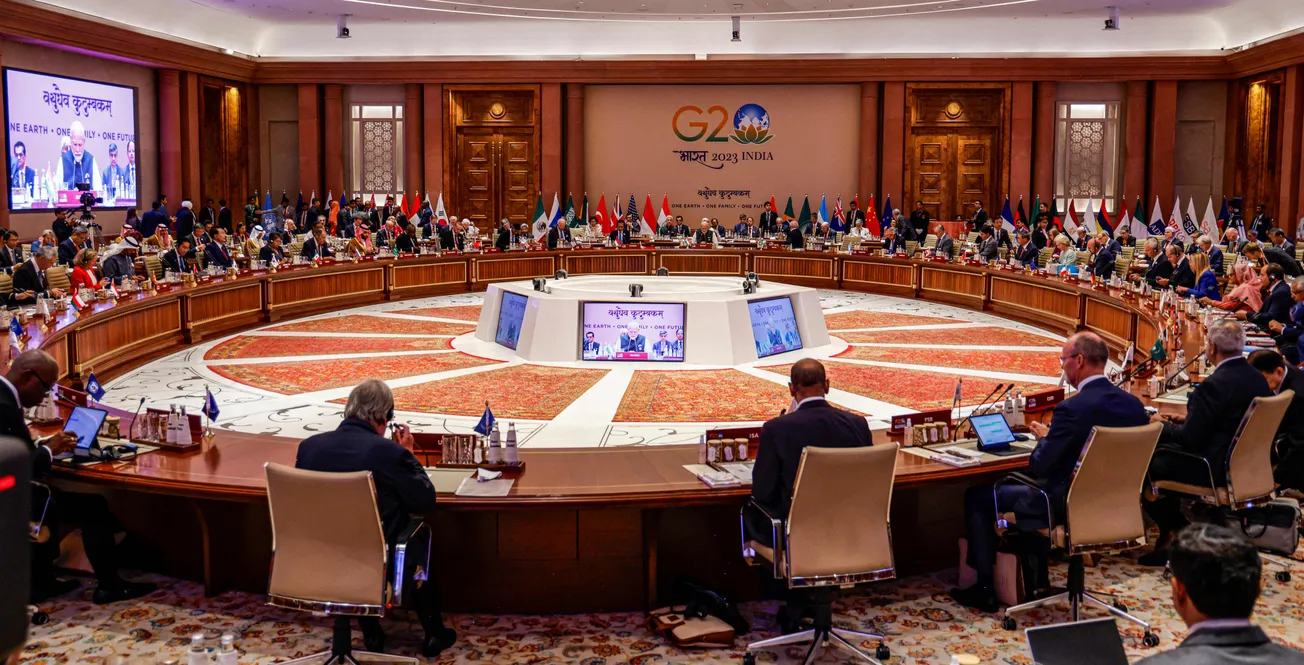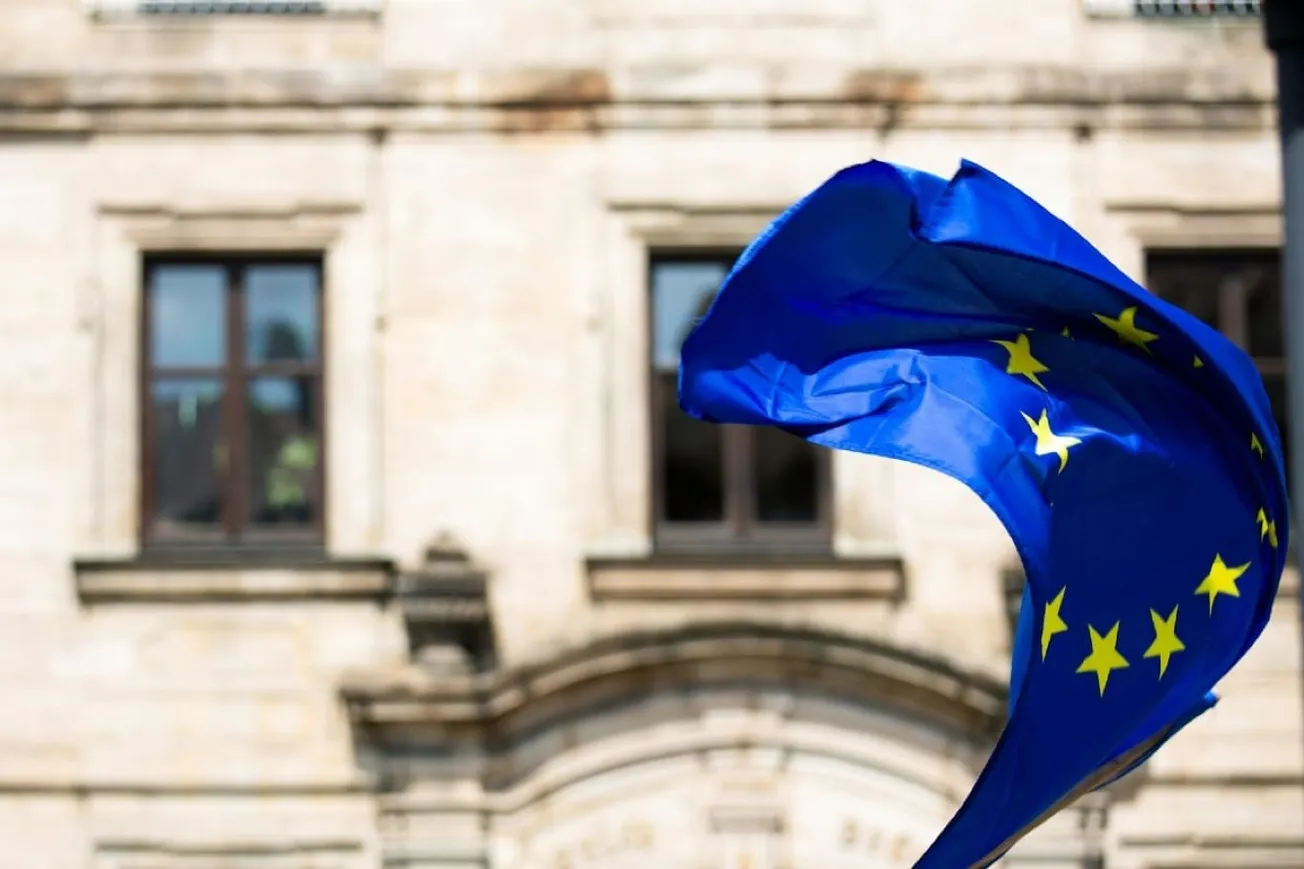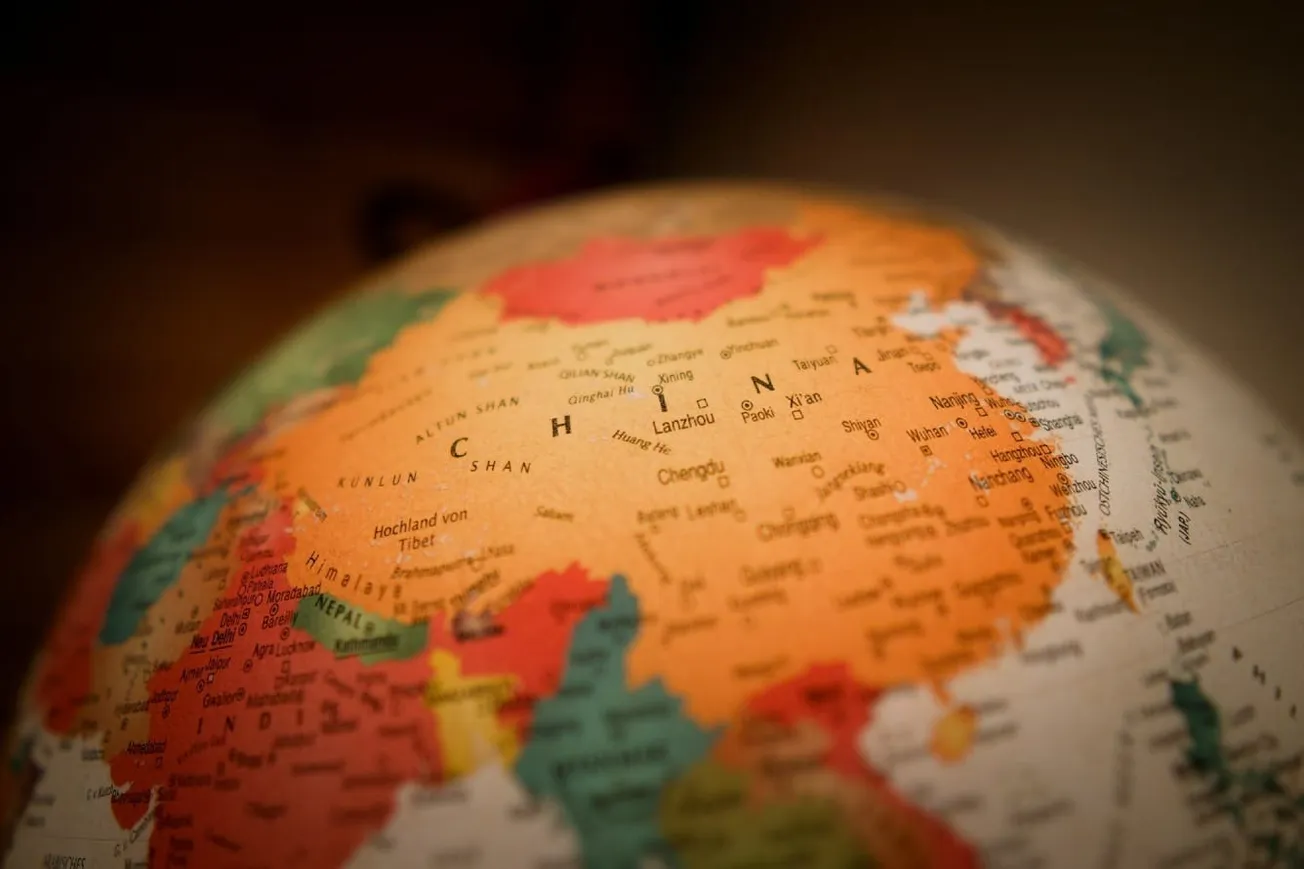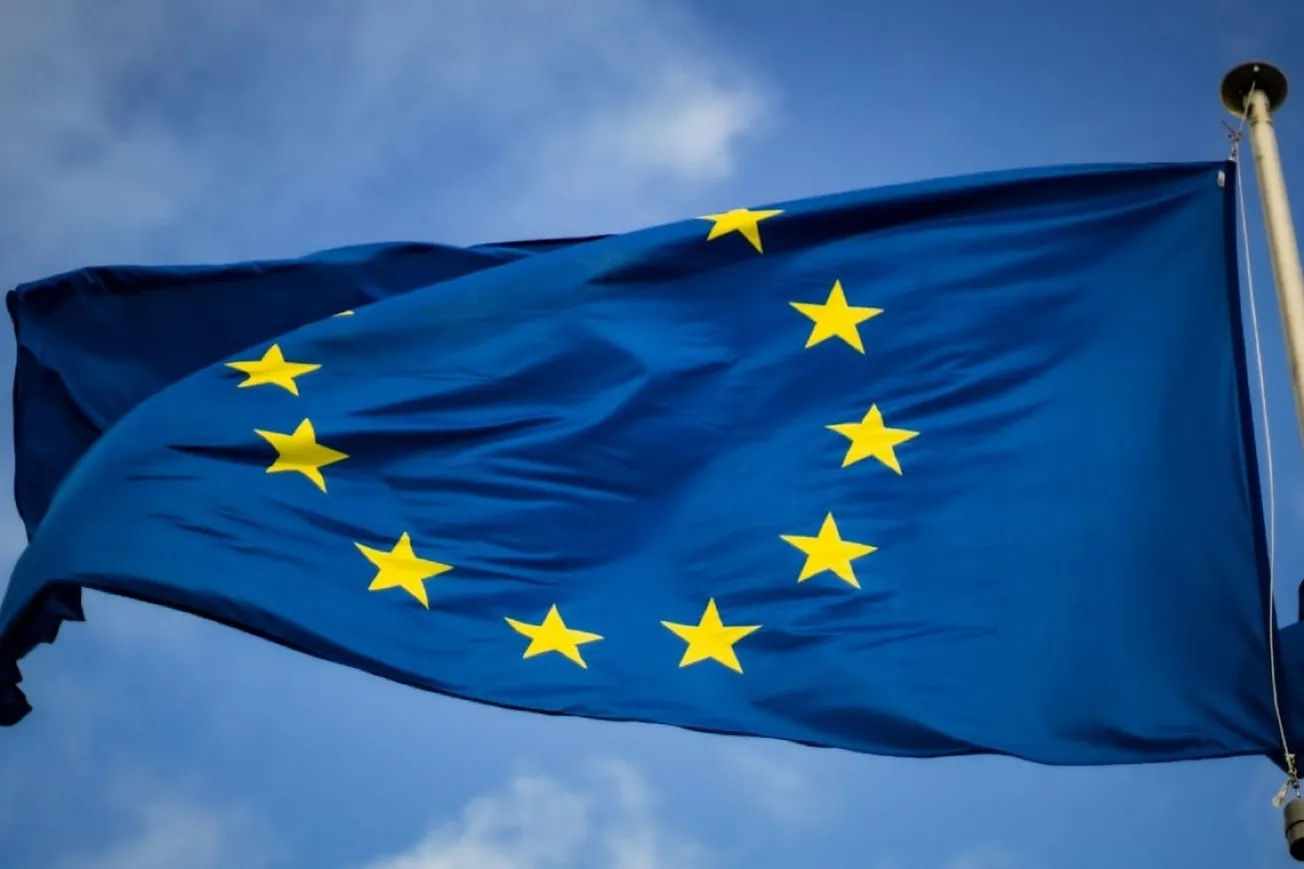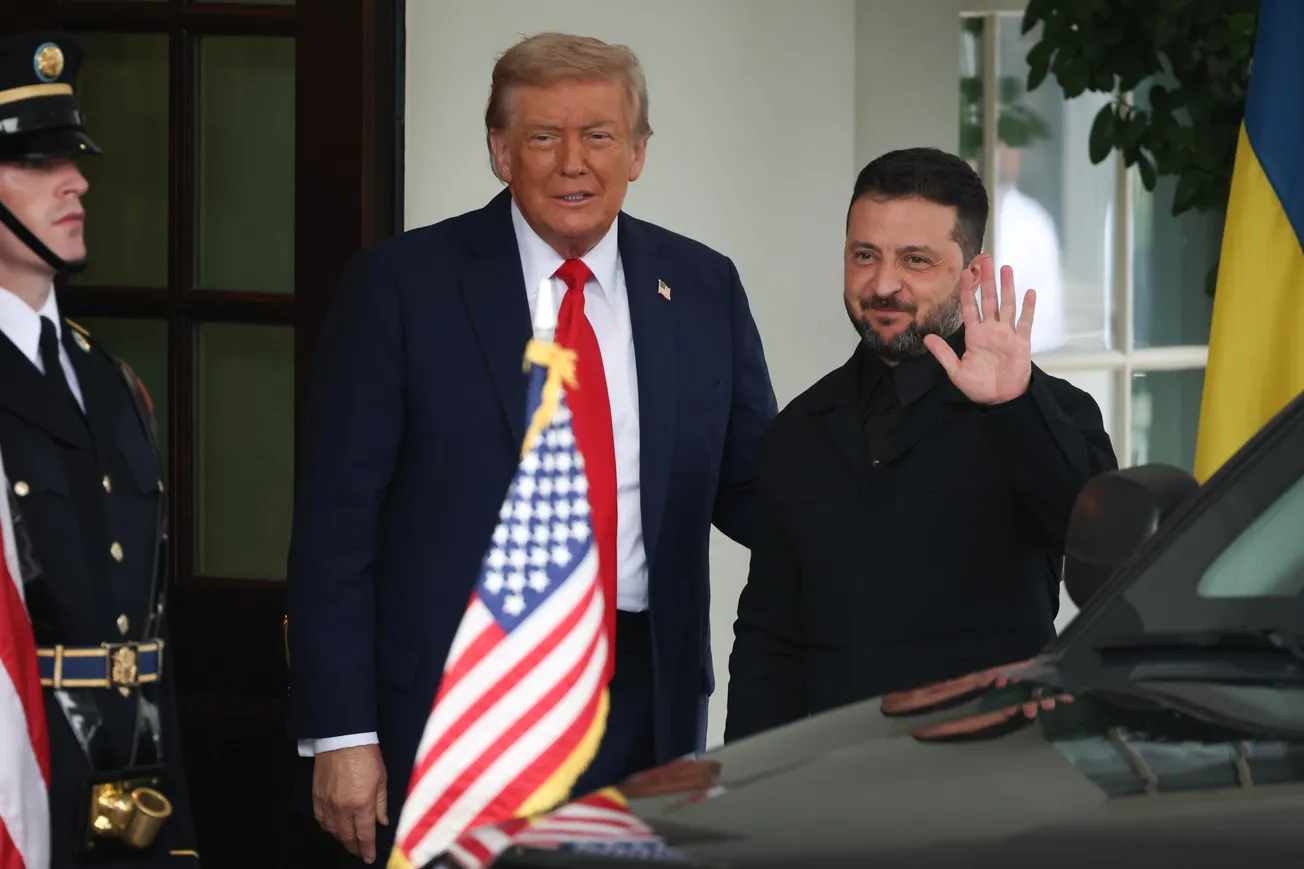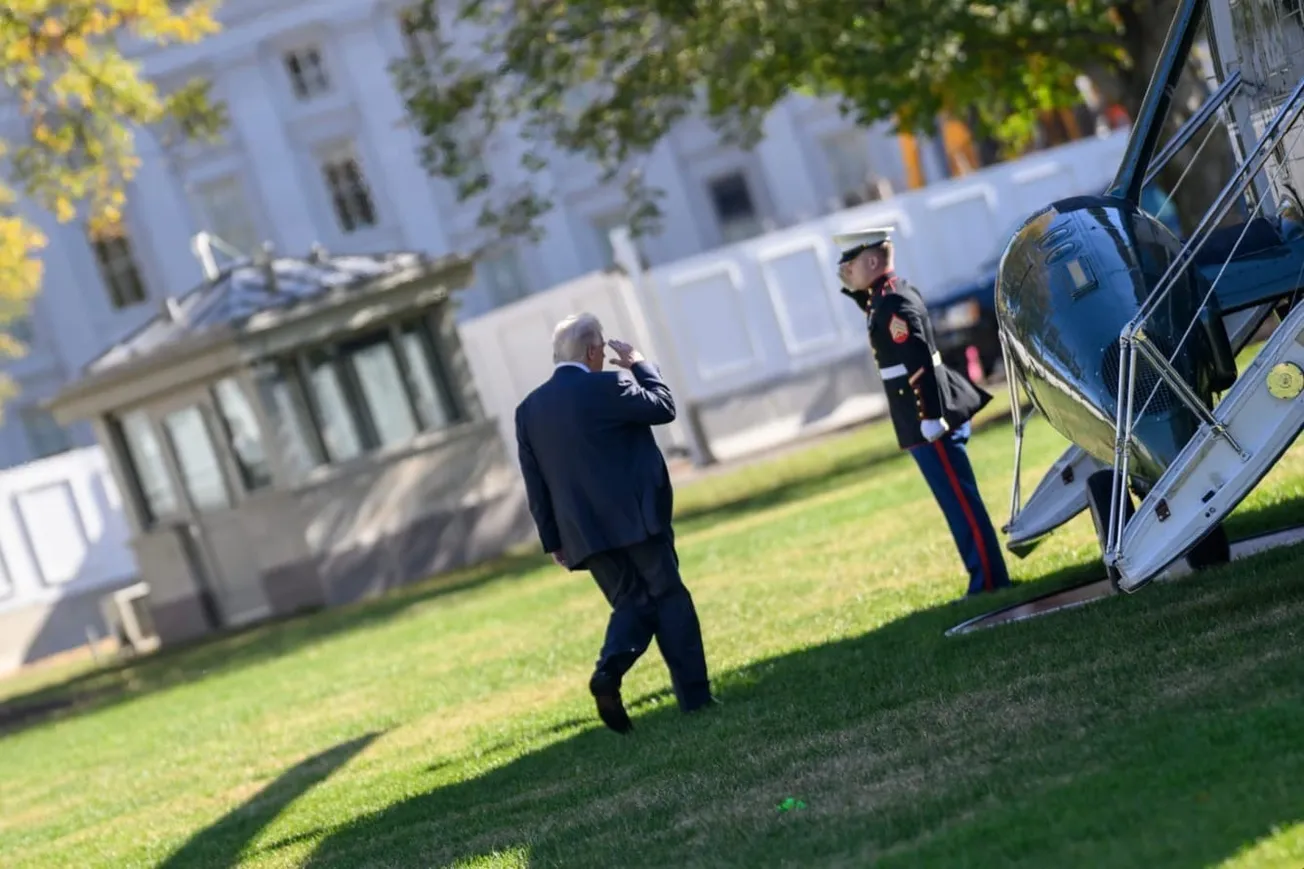- G21 leaders met in New Delhi to address global issues, including sustainability, environment, taxation, money laundering, and terrorism, without condemning Russia's actions in Ukraine
- The 37-page Leaders' Declaration didn't highlight Ukraine but emphasized refraining from territorial force and nuclear weapons
- The Declaration centered on preventing destruction and preserving life, with an initial focus on global war-related suffering
- Despite involvement in the Ukraine conflict, Western leaders endorsed the Declaration, signifying a global shift and a call to end the protracted war causing casualties and displacement
It was an unbelievable moment for the G7 in New Delhi. The leaders of the G21 countries met to discuss various hot topics that afflict the world - sustainability, environment, international taxation, money laundering, and terrorism. Notably absent was any condemnation of Russia about Ukraine.
The only mention of Russia was to appreciate its efforts with Turkey and the UN to engineer the Black Sea Grain Initiative - and a desperate call to renew the since-stalled agreement. Recall that the G7 is not directly involved in any of these negotiations.
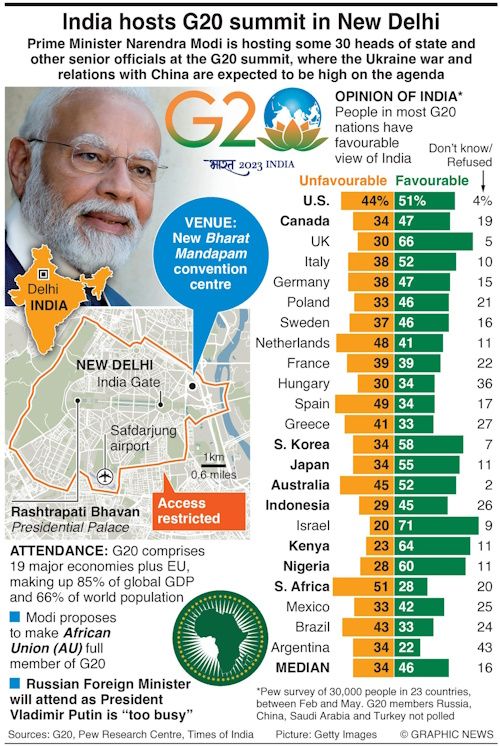
The 37-page Leaders' Declaration contained 11 chapters. Ukraine did not headline a chapter. In a nod to the G7, the Declaration conceded, rather broadly, that "all states must refrain from the threat or use of force to seek territorial acquisition against any state's territorial integrity and sovereignty or political independence. The use or threat of use of nuclear weapons is inadmissible."
The thrust of the Declaration was about preventing destruction and loss of life. It began with a section devoted to the Planet, People, Peace, and Prosperity, with this as the lead sentence:
We note with deep concern the immense human suffering and the adverse impact of wars and conflicts around the world.
It was a severe rebuke to the West, which has continued to wage a proxy war in Ukraine to the tune of nearly $200 billion in military commitments and has avoided all efforts to reach a peace deal. It is the kind of sentence that would be adopted at a regional summit where the West was not a participant. That Western leaders signed off on it shows how far the world has come.
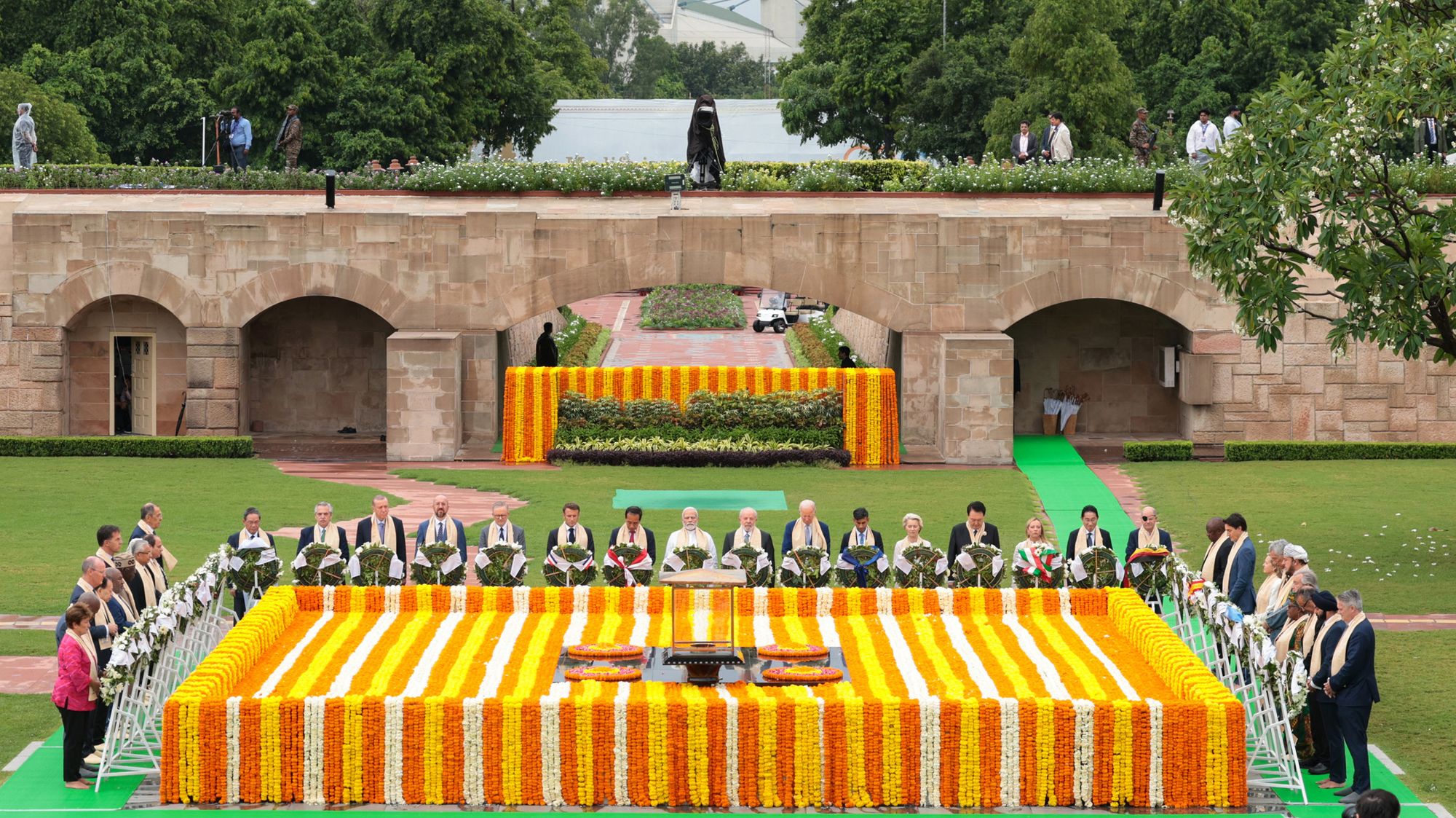
Expectedly, senior Western officials began to put on a brave face.
Jake Sullivan, President Biden's National Security Adviser, known for his supreme braggadocio and assertiveness in front of television cameras, spoke to reporters like he was selling snake oil. "From our perspective, it (the Declaration) does a very good job of standing up for the principle that states cannot use force to seek territorial acquisition or to violate the territorial integrity and sovereignty or political independence of other states."
German Chancellor Olaf Scholz obediently followed the United States' position as in just about everything during the last 18 months. "It is a statement which supports the territorial and sovereign integrity of Ukraine," Scholz said, speaking from the summit venue in New Delhi.
UK Prime Minister Rishi Sunak, a steadfast Ukraine supporter, saw in the Declaration something the rest of us mortals did not: [It] had "very strong language about Russia's illegal war in Ukraine...I think that is a good and strong outcome." Strong language, Mr. Prime Minister? Where exactly, pray?
Ukraine, whose leader Zelenskyy has become a historical figure revered by the West, has become used to attending international conferences run by the West. Recall that he made a surprise appearance in Tokyo at the recent G7, landing in a French government plane, and was treated like a hero.
But Ukraine was not invited to New Delhi, a point that Ukraine's foreign ministry sourly noted. "The Declaration was "nothing to be proud of." According to Reuters, the ministry added that "a Ukrainian presence would have given participants a better understanding of the situation."
All of the above comes as no surprise. We predicted 14 months ago that Jake Sullivan was committing a $600 billion blunder in prosecuting America's proxy war. We noted then that he may have united the West, but he was pushing America to another Cold War with Russia, China, and many countries of the Global South, which were electing to go to the other side or practice realpolitik non-alignment.
Realpolitik non-alignment was what happened in New Delhi. The West, attempting to hang on to ideals such as the international order, was seen as an active player in death and destruction under the idea that it takes two hands to fight by prolonging a war that could have been stopped months ago.
Over 500,000 people have died in the war, with over 11 million Ukrainians displaced. The G21 urged an end to this catastrophe regardless of who was at fault, in a stinging rebuke to warmonger Neocons in the G7.
Related Data
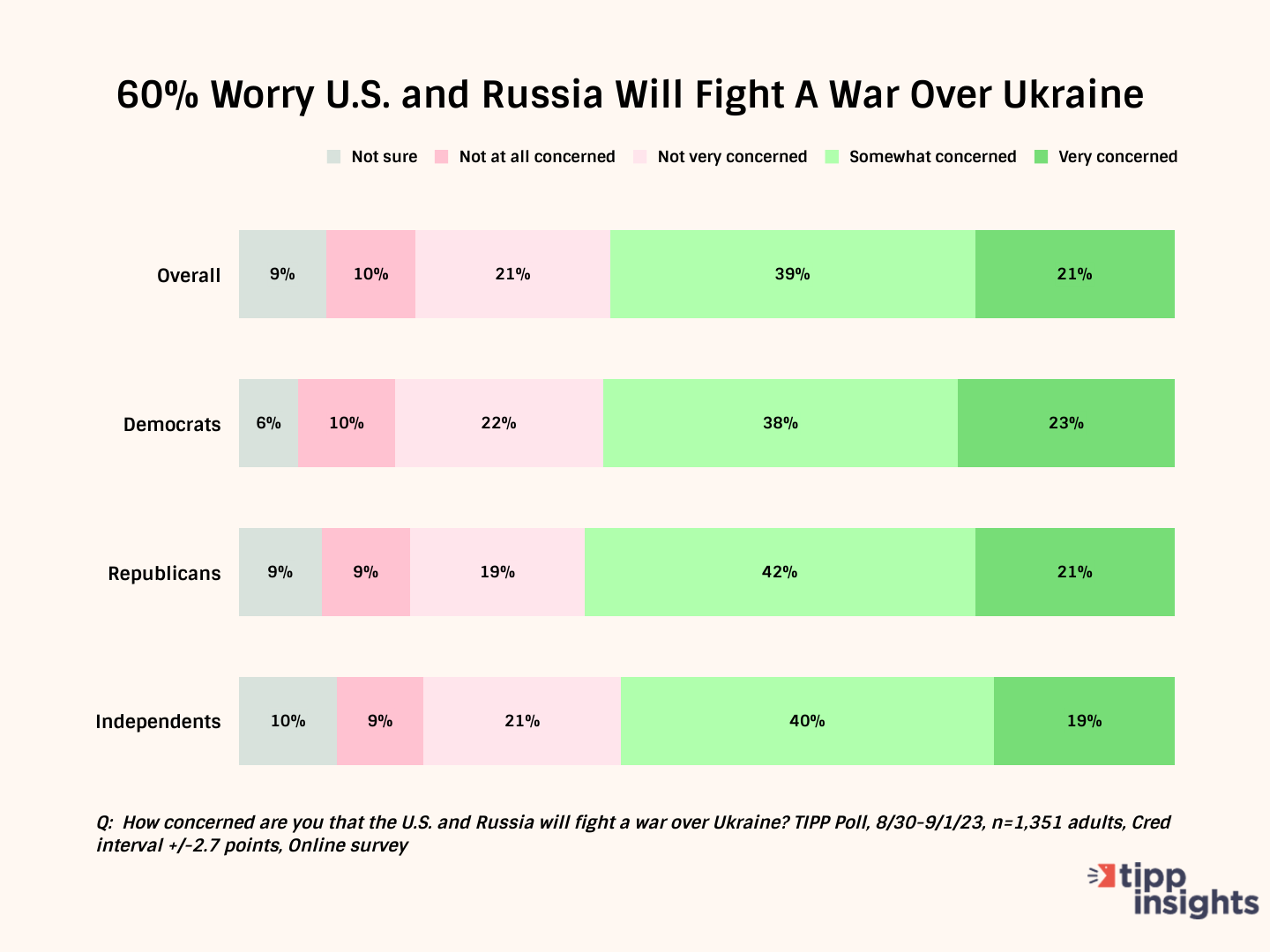
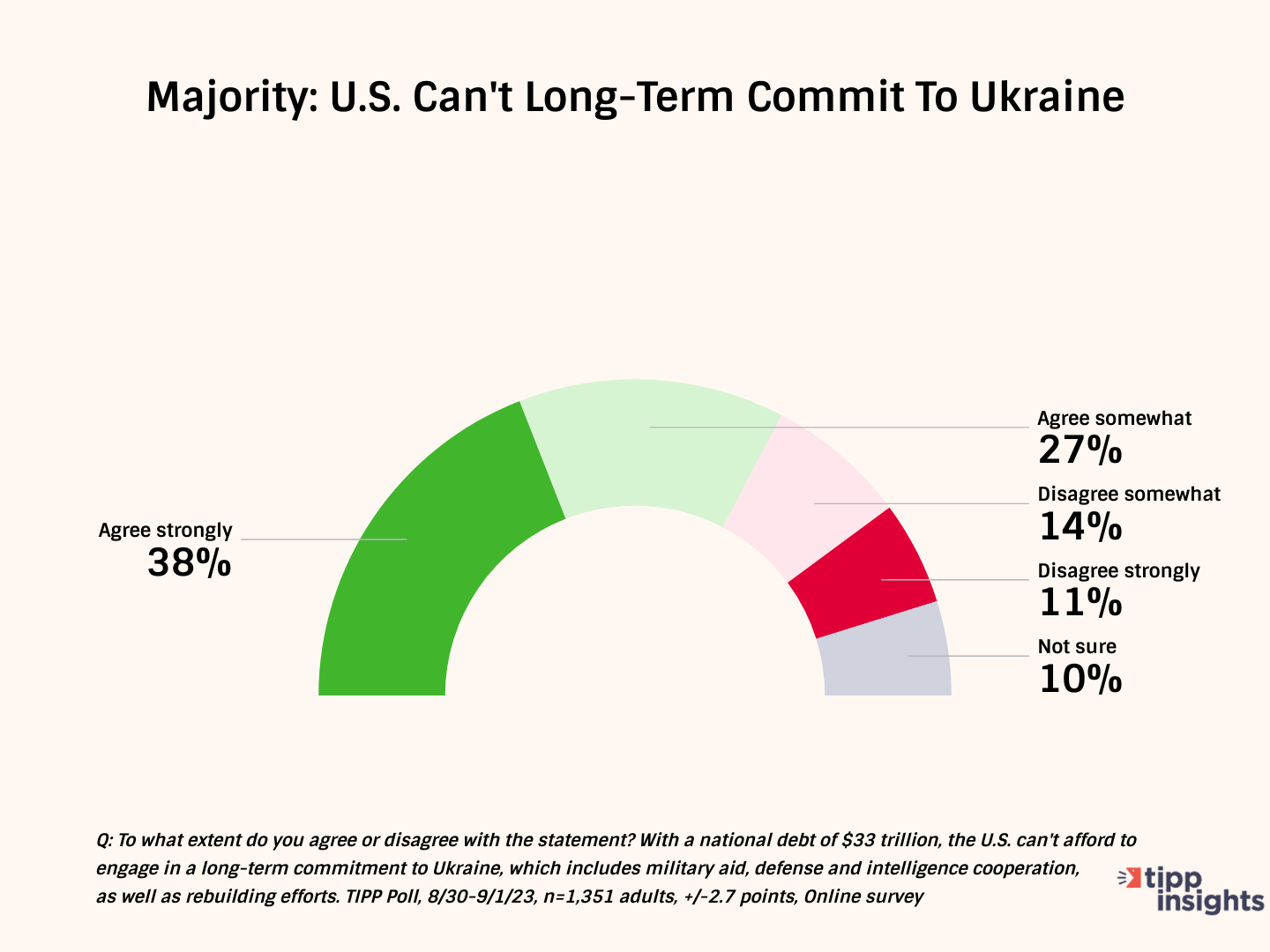
We could use your help. Support our independent journalism with your paid subscription to keep our mission going.

